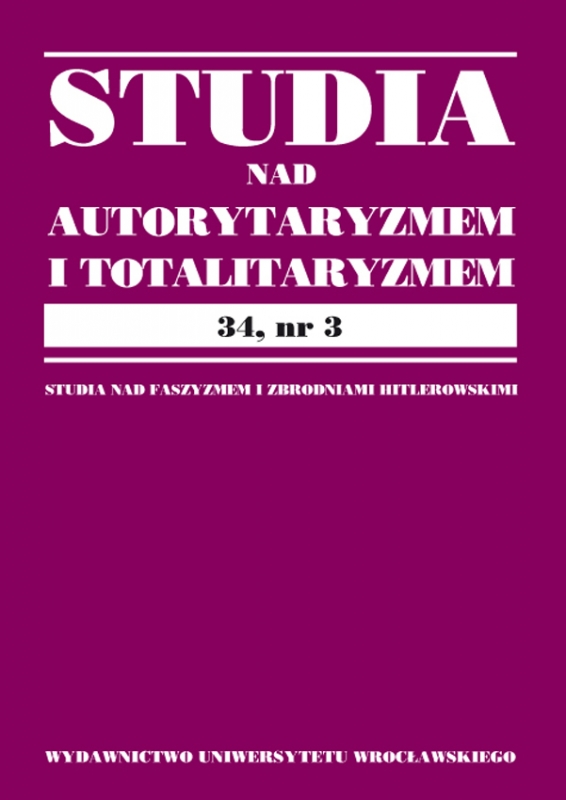

Artykuły

SOME REMARKS ON THE FUNCTIONING OF ADMINISTRATION IN THE POLISH PEOPLE’S REPUBLIC
The decisive influence on the functioning of administration in the Polish People’s Republic was exerted both by the new and faulty organization of its structures and by the significant increase of powers which were conferred on it, in connection with simultaneous transfer of the decision-making center beyond administrative structures, to the level of single-party’s Polish United Workers’ Party leadership. In consequence, such a development led to the substantial limitation of the guarantees of protection of citizens’ rights and to the diminished efficacy of the economic system. Further negative results were also generated by the inconsistency of the Marxist-Leninist ideology with the state’s policies ostensibly based upon this political philosophy. Therefore, not only the substance of new rules often became problematic, but also the discretionary character of the rules’ execution. Authorities responsible for such a state of affairs attempted to contradict these facts, focusing their attention on propagating two theses derived from Marxist-Leninist ideology, concerning, first, alleged vanishing of every antagonism between the state with its administrative agendas and an individual and, second, supposedly steadily accelerating economic progress of our country. Both of these assumptions were used to explain the abolition of many security mechanisms, the enlargement of the ius publicum boundaries and the exclusion of all subjects, with the exception of the government, from participating in fulfilling social needs. These circumstances played an important role in the development of the science of administrative law and of the theory of organization. Both these scholarly disciplines were governed by the assumption that in order to successfully liquidate an administration in accordance with the dogma of socialist development, it needs to be strengthened beforehand. The establishment of administrative control at the beginning, without an appeal instance was the only important reform introduced during this period. Chief Administrative Court commenced its activities on the 1st of October, 1980. At the same time, other guarantees of the rights of parties’ to the administrative proceedings also became strengthened, for example by reducing a number of specificities connected with the so-called “special proceedings” and by renouncing certain informal practices which had been invalidated by CAC. Nevertheless, the new systemic rules in the field of administrative law came into existence only at the turn of the eighties.